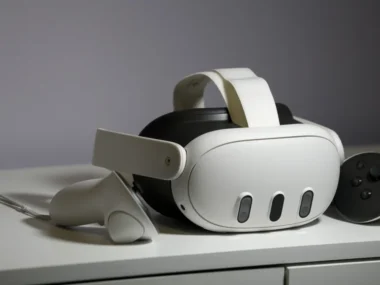A group of major record labels is suing two AI startups, accusing them of illegally using popular artists’ work to train their systems to create copyrighted music without permission.
The Recording Industry Association of America (RIAA), representing labels like Sony Music Entertainment, UMG Recordings, and Warner Records, filed two copyright infringement lawsuits against AI companies Suno and Uncharted Labs, the developer behind Udio, for using the labels’ unlicensed sound recordings to train their AI models.
Udio, which created the viral AI-generated song “BBL Drizzy” during the Kendrick Lamar and Drake feud, was founded last year by former Google DeepMind researchers to simplify the creation of emotionally resonant music. In April, Udio raised $10 million in funding.
Suno, which raised $125 million last month, allows users to create songs with minimal prompts and uses OpenAI’s ChatGPT for lyrics and titles.
Both Udio and Suno have not responded to requests for comments.
RIAA CEO Mitch Glazier stated that the lawsuits are essential to uphold the basic rules for the ethical and lawful development of generative AI systems and to stop the blatant infringement by Suno and Udio. He emphasized that the music community is working with responsible developers to create sustainable AI tools that prioritize artists and songwriters, whereas unlicensed services exploit artists’ work without consent or compensation.
In April, over 200 artists, including Billie Eilish, Kacey Musgraves, J Balvin, Ja Rule, Jon Bon Jovi, The Jonas Brothers, Katy Perry, and Miranda Lambert, signed an open letter by the non-profit Artist Rights Alliance. They called on AI developers, tech companies, platforms, and digital music services to stop using AI to infringe on and devalue human artists’ rights.
The lawsuit against Udio claims that with the permission and involvement of copyright owners, generative AI tools could help create new and innovative music. However, if developed irresponsibly, these tools could cause lasting harm to recording artists, record labels, and the music industry, reducing the quality of new music and harming shared culture.
The lawsuit against Suno claims the company has over 10 million users generating music files, with about 2 million streams, competing with the copyrighted sound recordings used to create them. Suno allegedly sought no permission and provided no credit or compensation to the artists or rights holders whose works were used.
This story has been updated with additional context and developments.











